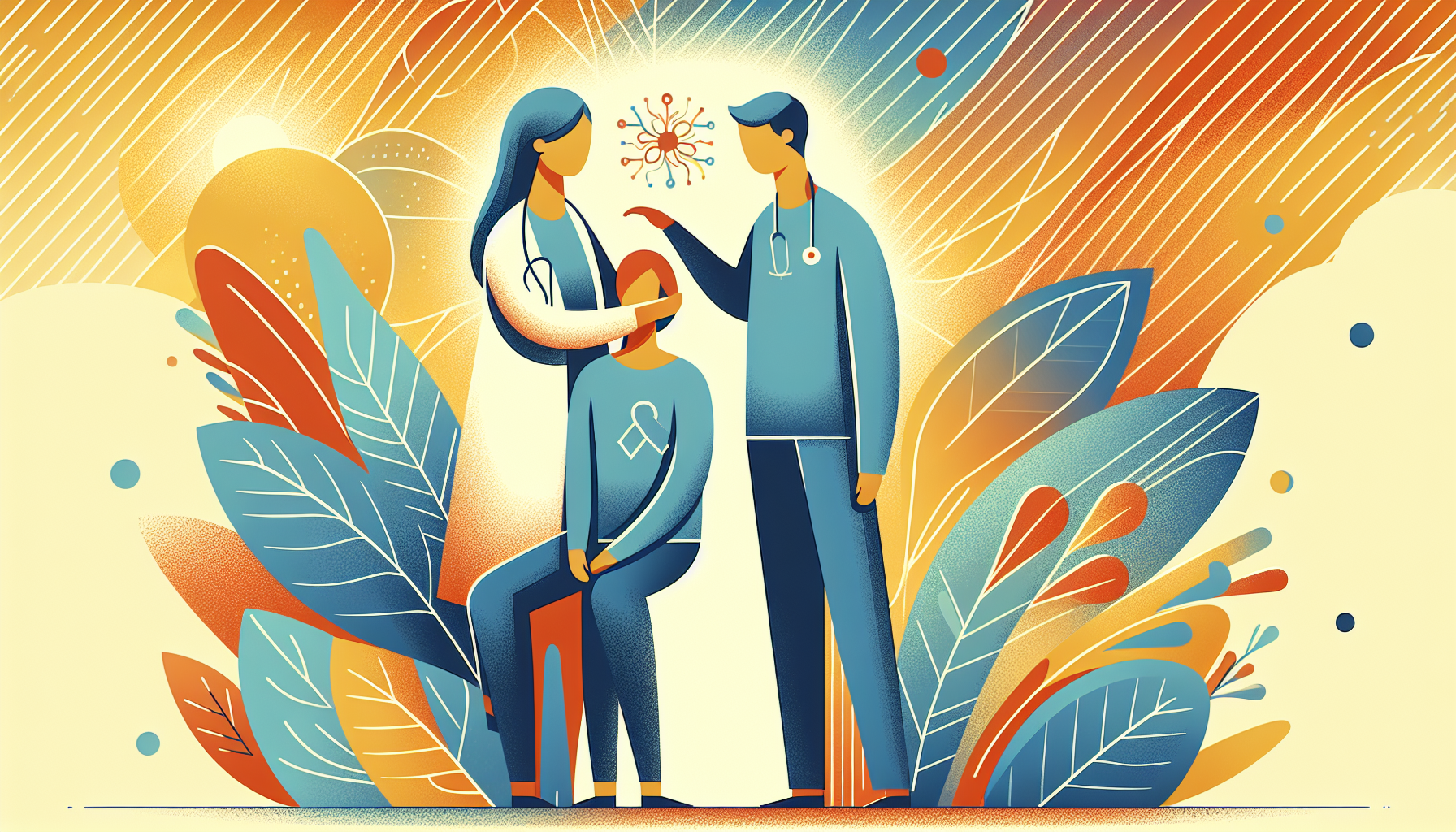A concussion is a type of traumatic brain injury caused by a sudden blow or jolt to the head. It is the most common and least serious form of brain injury, but it still requires proper care and attention. In this article, we'll discuss the causes, symptoms, treatment, and prevention of concussions.
What Causes Concussions?
Concussions can be caused by various factors, including:
Falls, particularly in children and older adults
Playing contact sports without proper safety gear or supervision
Car, motorcycle, bicycle, and other accidents that cause a blow to the head
Physical abuse or being struck with an object
Military service, especially in blast zones
Some factors can increase your risk of sustaining a concussion, such as having a previous concussion or participating in high-risk activities without proper precautions.
Recognizing Concussion Symptoms
Concussion symptoms may not appear immediately and can last for days or weeks. Some common signs of a concussion include:
Confusion or feeling dazed
Headache
Dizziness
Nausea or vomiting
Balance problems or dizziness
Sensitivity to light or noise
Difficulty concentrating or memory issues
Fatigue or sleepiness
Irritability or changes in behavior or personality
In children and babies, concussion symptoms may be harder to spot. Parents and caregivers should watch for changes in sleeping or eating patterns, lack of interest in favorite toys, unsteadiness, and extreme emotions.
Diagnosing and Treating Concussions
If you suspect a concussion, seek medical attention. A healthcare professional will evaluate your symptoms and may perform tests to assess your memory, concentration, coordination, and reflexes. In some cases, imaging tests like CT scans or MRIs may be ordered to rule out more serious brain injuries.
Treatment for concussions typically involves rest and a gradual return to activities. Over-the-counter pain medications like acetaminophen can help manage headaches, but it's essential to avoid aspirin and ibuprofen, which may increase the risk of bleeding. As symptoms improve, you can slowly resume physical and mental activities under the guidance of your doctor.
Concussion Recovery Phases
Acute symptomatic phase (up to 3 days): Focus on rest and symptom management
Recovery phase: Gradually increase activities as symptoms improve
Recovered phase: Return to normal activities (typically 14 days for adults, 30 days for children)
For more information on concussion recovery, consult the CDC's concussion recovery guidelines.
Preventing Concussions
While concussions can't always be prevented, there are steps you can take to reduce your risk:
Wear appropriate protective equipment when participating in sports or high-risk activities
Follow traffic laws and wear a seatbelt when driving or riding in a vehicle
Reduce trip and fall hazards in your home
Exercise regularly to improve balance and strengthen leg muscles
By understanding the causes, symptoms, and treatment of concussions, and taking steps to prevent them, you can help protect yourself and your loved ones from this common type of brain injury. If you have any concerns or questions about concussions, don't hesitate to consult a healthcare professional.
For more information on concussions, visit:



